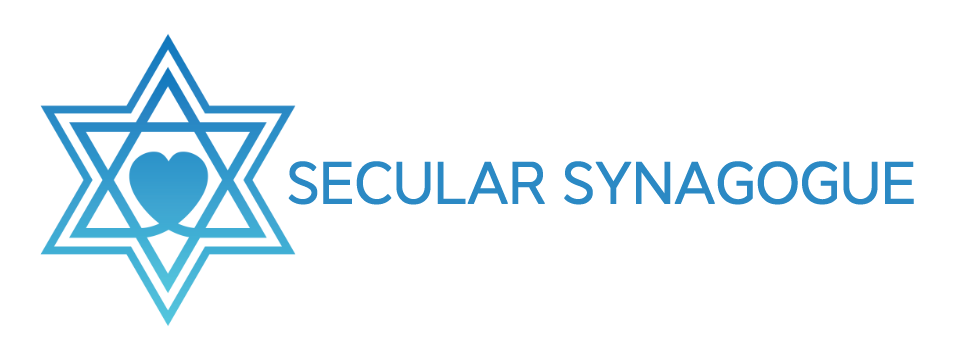Forgiveness: It’s Complicated
We are now in the final lead up to the High Holidays. Jews around the world are getting ready for difficult conversations with friends or family, preparing to apologize for wrong-doing and preparing to forgive others. Some Jews are participating in services called selichot — where prayers of repentance are recited. Selichot means forgiveness, although when people speaking Hebrew apologize they often say “slicha” which means something like “pardon me.” Asking for and granting forgiveness are good and healthy acts. We ask people to forgive us all the time... when we step on toes (literally or figuratively), when we cause pain (intentionally or unintentionally), when we do something wrong. We also forgive people all the time. Often when someone says “sorry” the reply is “it’s ok.” And sometimes it really is ok.
But sometimes behaviour is really not ok, and that’s what I want to speak about today.
I was asked recently how to approach the upcoming High Holiday period, with its focus on forgiveness, if someone does not speak to their family because it is unsafe to do so. For some people, their family is unsafe emotionally. For some, they are unsafe physically. Sometimes it’s both. If someone has decided that they simply cannot have contact with a family member or, with or without that contact they simply can’t forgive past wrongs/behaviour, they probably have a damn good reason (what I write here can apply to relationships that aren’t familial too — partners/ex-partners, friends, co-workers, etc).
We live in a culture that is obsessed with forgiveness. We get told that to hold a grudge only harms ourselves and not the person who did wrong. We get told that to forgive will make us feel good, or whole. We get told that life is too short to hold onto hurt. Those ideas may all be true in some circumstances but they can also put a whole lot of pressure on someone who has been hurt, abused, mistreated, or harmed. Sometimes it’s ok not to forgive. Sometimes it’s healthy. We are not responsible for the hurt others cause us.
I do suggest finding ways to process past harm. Therapy, writing a letter to someone who has harmed you (whether you send it or not), self-care, working to undo painful/harmful messages we’ve internalized, all of that is useful. We don’t have to stay in the place of being hurt/harmed. But we also don’t have to include forgiveness in the package of how we prepare to move on. If someone has done something unforgivable, it’s not on you to forgive it. It’s on you to figure out how you want to move forward, with or without that person in your life.
We sometimes hear stories about people who offered forgiveness in unimaginable circumstances. If that helped the person who was wronged, then the act of forgiveness is worth celebrating. Sometimes we really do need to forgive in order to move on. Equally, sometimes we need to let go of the pressure to forgive in order to move on.
I don’t think this time of year is just for apology and forgiveness. It’s for figuring out what we need, who we want to be, and who we want with us on the journey. It’s a time for considering what we owe others in terms of apology/restitution, and what we owe ourselves in terms of healing from the past. I think of the High Holidays as a time to decide what we are letting go of from the past year(s), what we wish to carry forward, and what we wish to start doing/being. Forgiveness is one part of that package and process. So is self-love. Often the person we have to forgive the most is ourselves. So, if you are struggling with any sense of guilt over being unable to forgive someone, I suggest that be one of the things you let go of. Be kind to yourself, especially if others have not been.
We are not responsible for the behaviour of others. We are responsible for ourselves. No one is owed your forgiveness. You owe yourself all the tools you can find to be well and happy this coming year.
Till next week,
Denise
